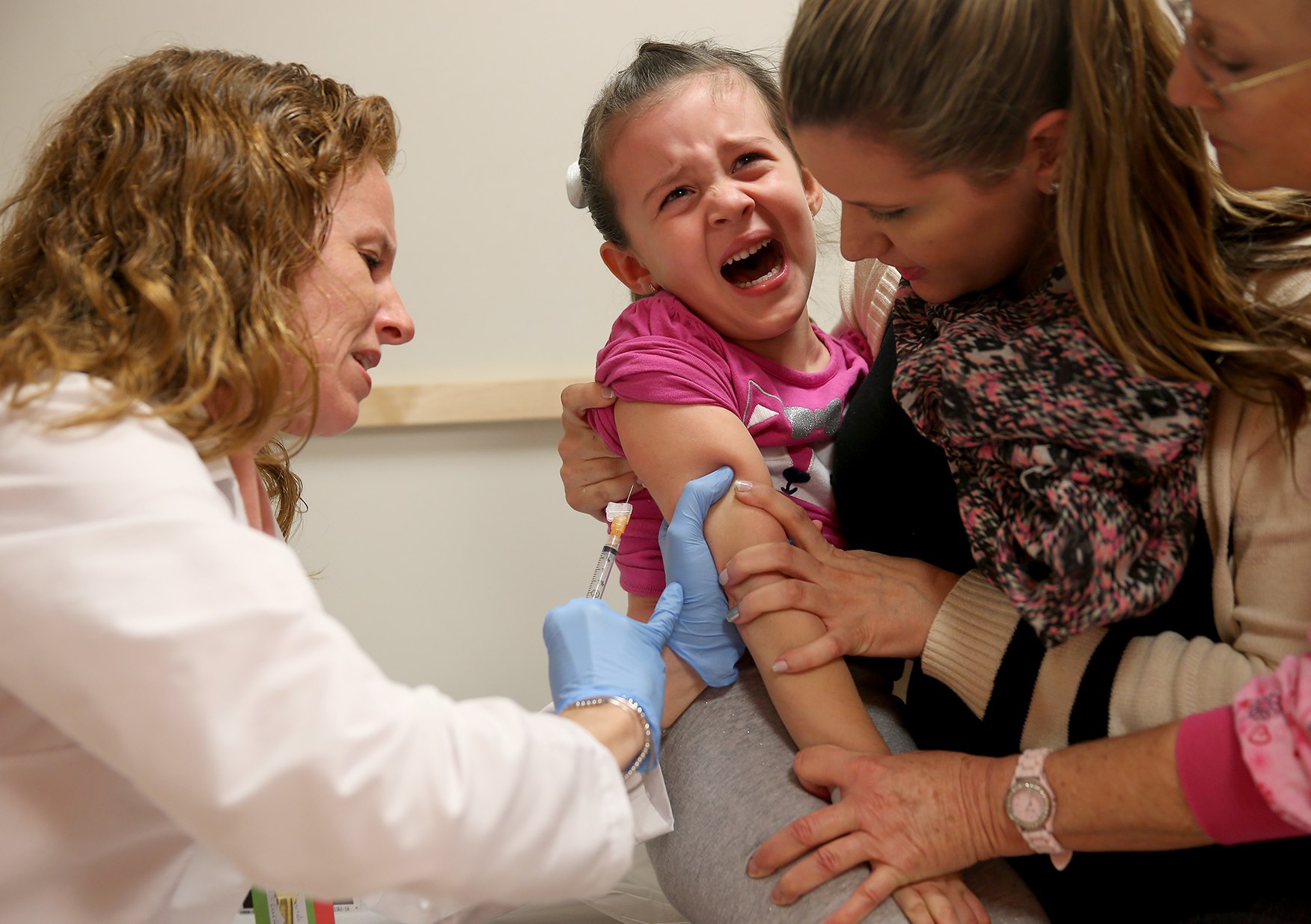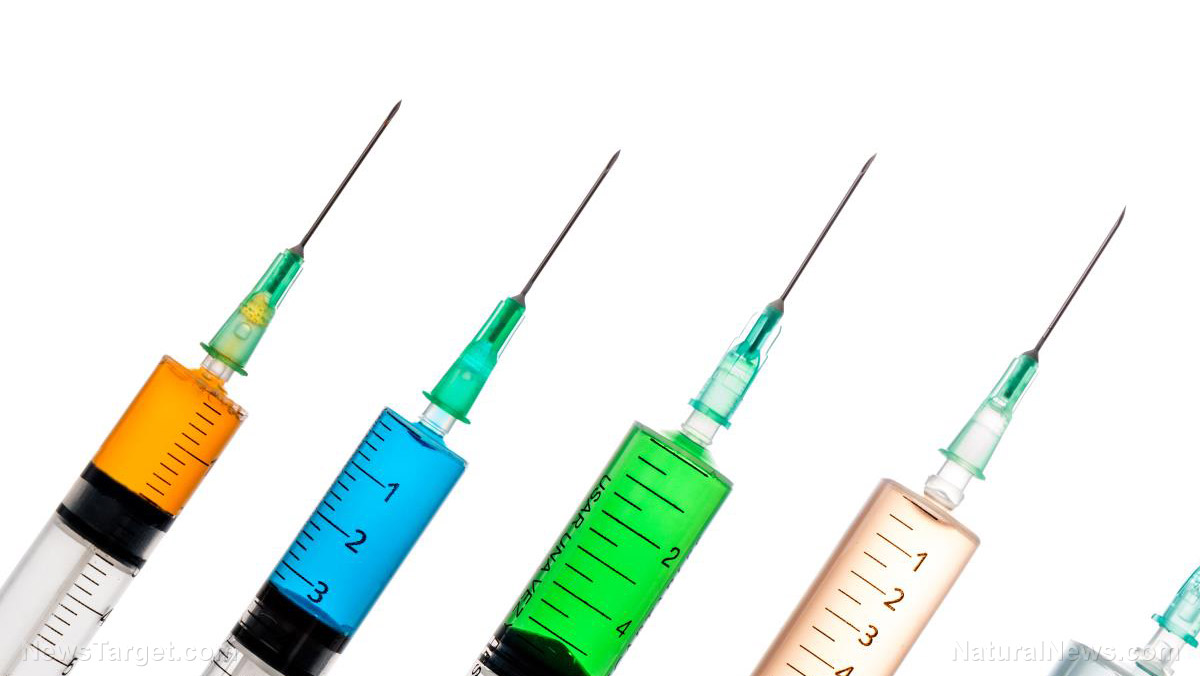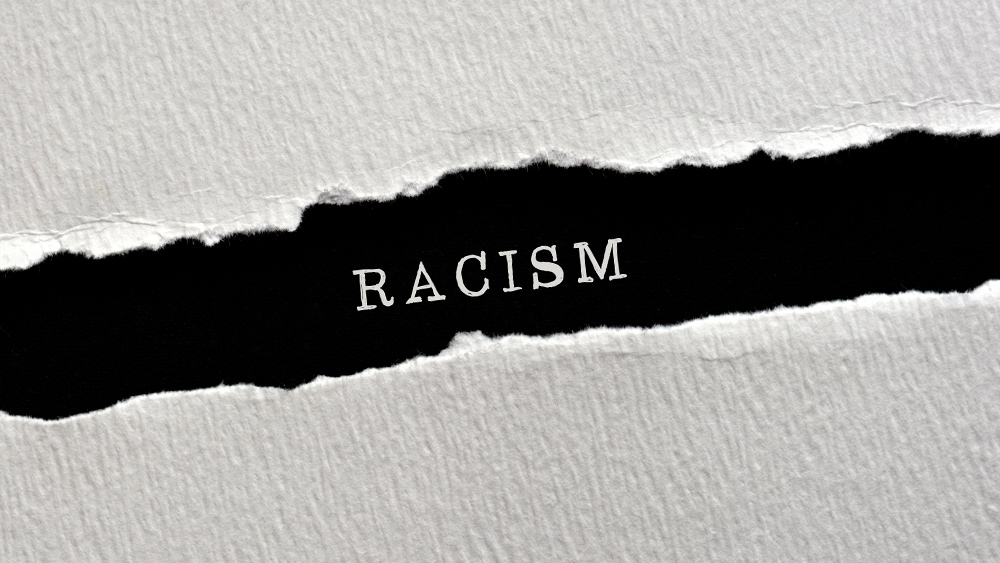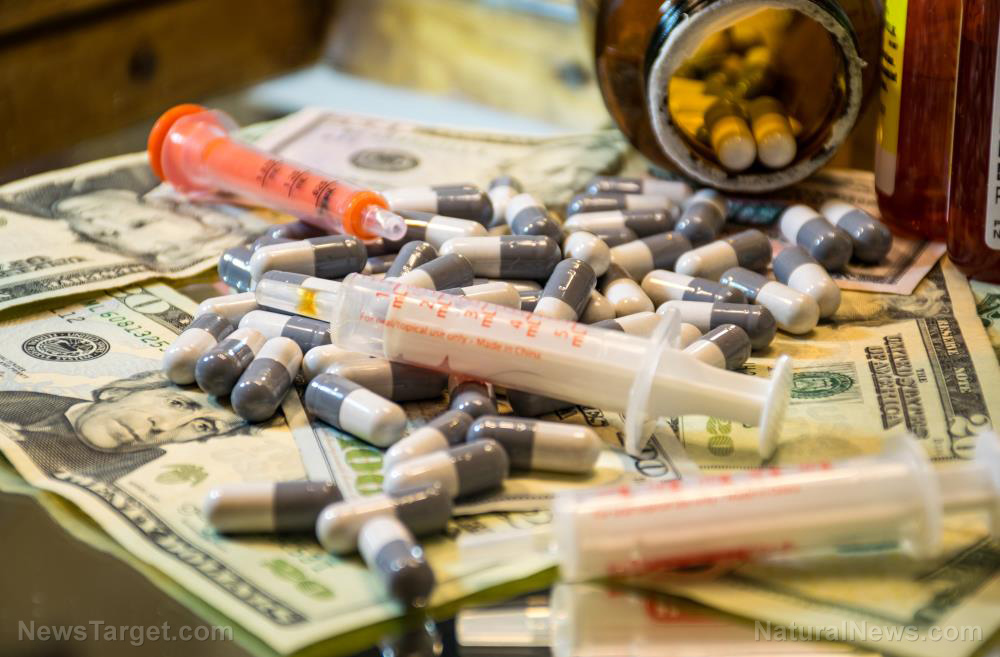FDA criticized for restricting the use of COVID antibody treatments
01/27/2022 / By Mary Villareal

The Food and Drug Administration (FDA) was criticized for revising the emergency use authorization for the Wuhan coronavirus antibody treatments from Regeneron and Eli Lilly.
The drugs, bamlanivimab and etesevimab (which are administered together) and REGEN-COV (casirivimab and imdevimab) were limited in their use, allegedly because they are unlikely to work against the omicron variant.
Florida Governor Ron DeSantis, who opened treatment centers to distribute the drugs, slammed the FDA’s decision, saying that they had acted without a shred of clinical data to support their decision.
“There are real-world implications to Biden’s medical authoritarianism – Americans’ access to treatments is now subject to the whims of a failing president,” the governor said.
Meanwhile, the FDA is standing by its decision. With the omicron variant accounting for more than 99 percent of U.S. infections, the agency believes it is “highly unlikely” that the antibodies would help those who are now seeking treatment. Further, the agency said that restricting their use would eliminate unnecessary drug side effects from ineffective treatments, such as allergic reactions.
While the treatments are effective against delta, the Centers for Disease Control and Prevention noted that the strain now accounts for only 0.5 percent of the new cases in the United States.
However, some critics accused the FDA of trying to restrict treatment options to force people into getting vaccinated. The Department of Health and Human Services will also no longer distribute the monoclonal antibody treatments. While the FDA noted that the drugs are currently not cleared for use in any of the U.S. states or territories, they may be authorized in other regions if proven to work against new variants.
Doctors also have alternate therapies to battle COVID-19 cases, including new antiviral pills from Merck and Pfizer. However, they are currently still in short supply. Another antibody drug from GlaxoSmithKline that is effective against COVID is also in short supply.
Government paused distribution of treatments indefinitely
The U.S. government paused the distribution of Regeneron and Lilly’s treatments and said that they will not be distributed until new data emerge regarding their efficacy against omicron.
The drugs, which are laboratory-made versions of virus-blocking antibodies, were intended to protect individuals from severe disease and death by supplying concentrated doses of one or two antibodies early in an infection. Former President Donald Trump received the Regerenon antibody combination when he tested positive for COVID in 2020.
GSK and Vir Biotech are also boosting the production for their alternative antibody drug, sotrovimab, to help with the demand in the U.S. (Related: Act of civil war? Biden regime cuts supply of life-saving monoclonal antibody in half, targeting red states.)
Meanwhile, the FDA expanded its approval for the use of Gilead Sciences’ antiviral COVID-19 drug, remdesivir, to treat non-hospitalized patients over 12 years. “The FDA is committed to continuing to review emerging data on all COVID-19 therapies related to the potential impact of variants and revise the authorizations further as appropriate to ensure healthcare providers have an effective arsenal of treatments for patients,” the agency said in a statement.
However, the press release, which was issued with no warning, drew criticism from Florida officials as “abrupt” and poorly supported.
Florida Lieutenant Governor Jeanette Nunez said that what the FDA was doing was just issuing their “royal decree,” and is taking away the very thing that is proven to reduce hospitalizations, as monoclonal antibody treatments like Regeneron were seen to have a positive impact for thousands of Floridians.
As part of his administration’s COVID response, DeSantis heavily promoted the antibody drugs, setting up infusion sites and lauding them at conferences while opposing vaccine mandates and other public health measures. However, the drugs are not a substitute for vaccination and are generally reserved for use for the vulnerable sector such as seniors, transplant recipients, and other chronic diseases. (Related: Eli Lilly monoclonal antibody drug trial paused over safety concerns.)
An influential panel of federal experts already recommended the use of the drug to try to keep people from hospitalizations, but the same guidelines from the National Institutes of Health panel recommended against its use due to its reduced effectiveness against the omicron strain.
Other related stories:
American Journal host Harrison Smith slams “racist” monoclonal antibodies treatment for COVID-19
Now New York is refusing monoclonal antibodies for white people
Biden cuts off America’s supply of monoclonal antibodies – only “vaccines” allowed
Watch the video below for more information about the monoclonal antibody treatments.
This video is from the InfoWars channel on Brighteon.com.
Follow Pandemic.news for more updates.
Sources include:
Submit a correction >>
Tagged Under:
alternative medicine, big government, Big Pharma, COVID, covid treatments, FDA, health freedom, infections, medical fascism, Medical Tyranny, outbreak, pandemic, pharmaceutical fraud, Plandemic, Regeneron, Ron DeSantis
This article may contain statements that reflect the opinion of the author
RECENT NEWS & ARTICLES
COPYRIGHT © 2017 FDA NEWS




















